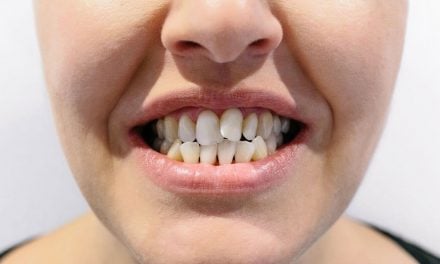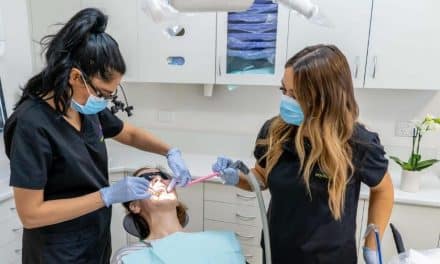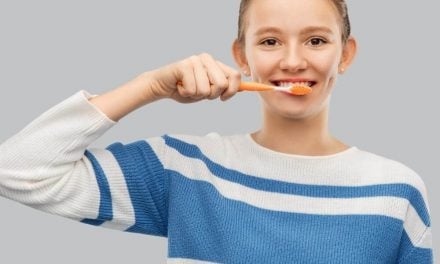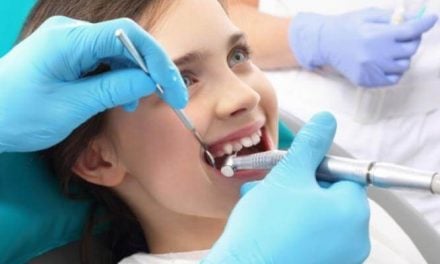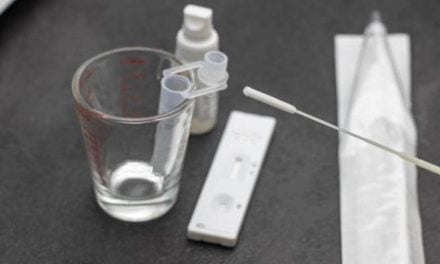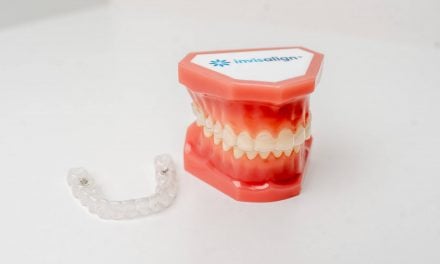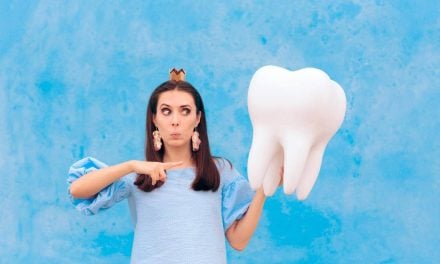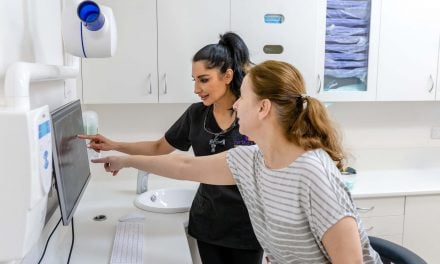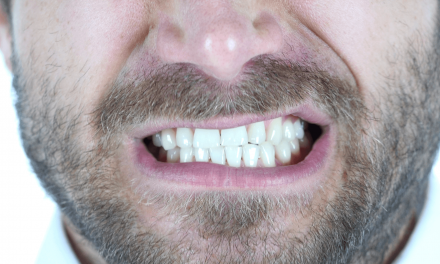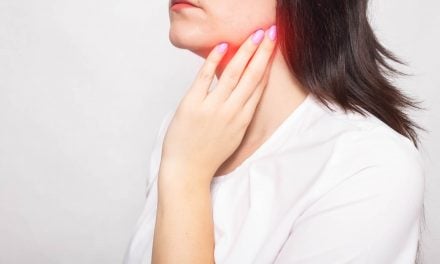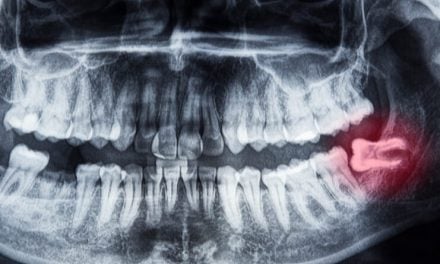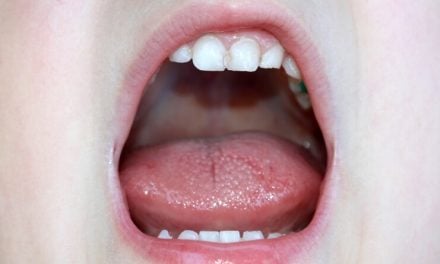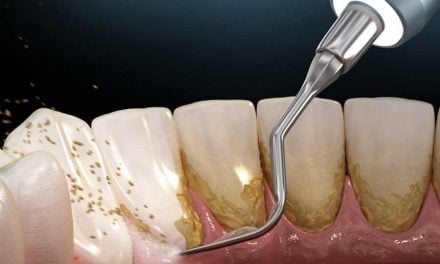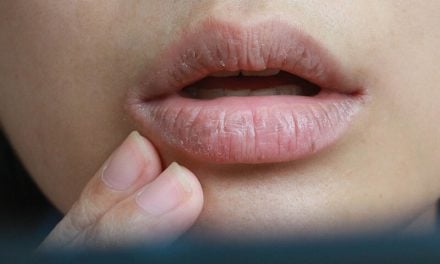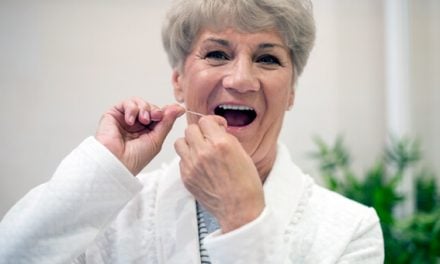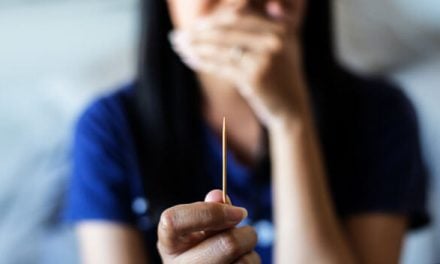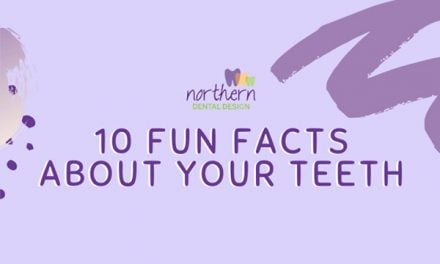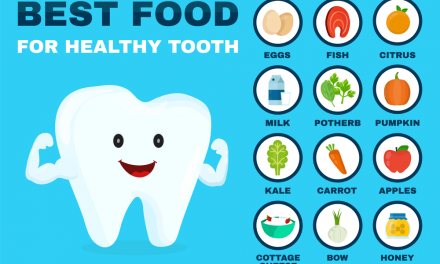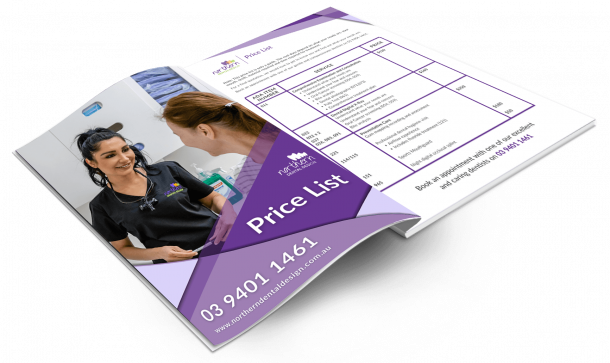Poor Periodontal Health: Is Cancer a Risk?

Good oral health care is important for your health and if you think you could do with more incentive, across 3,400 American adults, those who rated their oral health as “poor” to “fair” were more likely to have an HPV oral infection with (human papillomavirus), which, in certain cases, can eventually lead to cancer.
Of that group, 10% of those with cavities, gum disease or both tested positive for oral HPV, compared with 6.5% of those rating their dental health as “good” to “excellent.”
The journal, Cancer Prevention Research published these results, that do not actually prove that diseased gums and unhealthy teeth cause HPV infection, but it does raise some questions.
If neglected oral health does in fact raise the odds of oral HPV infection, how that happens has not been established. It’s possible that diseased gums offer entry points for the virus in the same way it does for heart disease.
Many people are aware of the known link between oral health and mouth and throat cancers and now there is the prospect of including long-lasting HPV infection, with the real concern that it causes 75% of the 12,000 cases annually in just the United States.
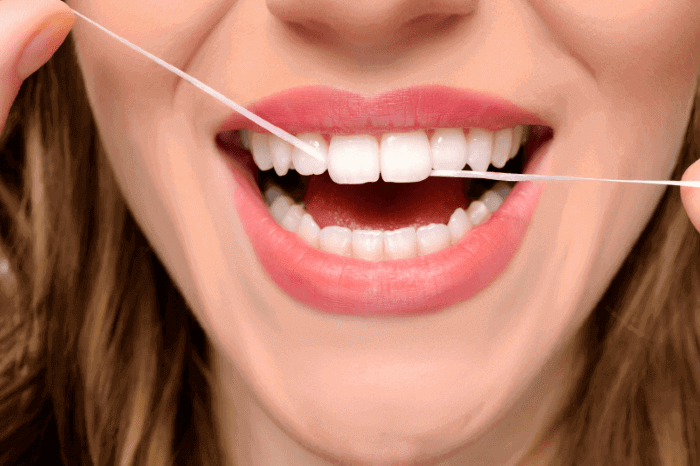
Is preventing the infection the key to preventing the cancer?
Since 2006 there have been two vaccines available for HPV – Gardasil and Cervarix, and it has not been without controversy. In 2007 Australia was the first country to roll out a national immunisation programme for 11-and-12-year-old girls, and in 2013 it included boys. Experts now advise this vaccination be had by all young adults, up to the age of twenty-six.
It’s been two decades since a total of 510,000 cancer-free adults took part in a China Kadoorie Biobank study on poor oral health, which included a follow up to 2015.
Overall, 15% of the participants, from from a self-reporting baseline recorded poor oral health which was defined as a combination of frequent gum bleeding and rarely brushing teeth. The follow up findings resulted in 23,805 new cancer cases and 11,980 cancer deaths respectively. Poor oral health clearly impacted the incidence of cancers and the total of deaths; the most significant cancers being oesophageal, stomach and liver.
Certainly, those findings indicated then, that poor oral health is strongly linked to cancers of the digestive system.
Doesn’t seem like rocket science, does it; and naturally, there are valuable public health advantages in significantly reducing and preventing major systemic disease.
So why the scientific hesitation in definitively stating the evidence of the frequency of particular cancers in patients with poor periodontal health, when it’s been suggested as such twenty years ago? Is it because we’re being dumbed down, or has the research bar been elevated because of the grip of corporate and institutional funding, or trepidation in opening loopholes for the litigious? Could it be that cancer is so prevalent and attributed to so many inherent, environmental and dietary factors that its complex journey back to source requires a drilling-down like the Kola Superdeep Borehole?
Deep in the Arctic Circle, the snow, forests and mists and of the Kola Peninsula can make this Russian corner appear like a fairy tale, jutting eastward from the Scandinavian landmass. Like all good Grimm narrations, stunning natural beauty is pursued or hampered by ugliness; in this case it’s the abandoned ruins of a Soviet scientific research station.
In the middle of the crumbling building according to some, is the entrance to hell. Locals swear they have heard the screams of souls tortured.
Embedded in the centre of a concrete floor is a rusty metal cap, heavily secured by thick metal bolts, equally rusted in a ring around its 23cm diameter.
This is the Kola Superdeep Borehole. The deepest man-made hole on the planet, and the deepest artificial point. This 12.2km deep (40,230ft) intrusion took the Soviets almost 20 years to drill; from 1970 until 1989 when the project ground to a halt. In the chaos of post-Soviet Russia, the drilling that had endeavoured to reach the Earth’s mantle was still only about one-third of the way through the crust.
The crust is just a tiny portion of the planet, averaging in thickness between 5-40km over a radius of 6,450km. The mantle makes up more than 40% of our planet; 2,900km thickness heaving up and down just below the crust and above the core.
As it is the engine that drives the planet, the mantle contains the geological record of the Earth and its constantly evolving nature.
The Kola hole was abandoned in 1992 when higher-than-expected temperatures were encountered: 180°C – twice what had been mapped.
The heat wreaked havoc on the equipment; and with higher the heat came a more liquid environment. Maintaining the bore became like trying to keep a centred core in a pot of boiling soup.
Drill bits have a limited lifespan and can deform in high temperatures, which can hit 870°C where the crust meets the mantle; as high as 2,200 degrees at the mantle’s end.
Ultimately, it’s a journey of discovery to find out what’s there; much like the components of periodontal disease that seem to reach much deeper into the body than ostensibly, would be considered.
While we easily acknowledge that we are what we eat, it appears much more of a stretch accepting that what affects our mouth affects our wellbeing; even when logic dictates, and science alludes.
Decide that it’s true. Decide that not brushing, flossing and seeing your dentist every six months increases your chances of developing cancer. Decide to take care of the health of your teeth and gums as if your life depends on it.
Because it does.
DISCLAIMER:
The content has been made available for informational and educational purposes only. Northern Dental Design does not make any representation or warranties with respect to the accuracy, applicability, fitness, or completeness of the content.
The content is not intended to be a substitute for professional personal diagnosis or treatment. Always seek the advice of your dentist or another qualified health provider with any questions you may have regarding a dental or medical condition. Never disregard professional advice or delay seeking it because of something you have read or seen on the Site.

